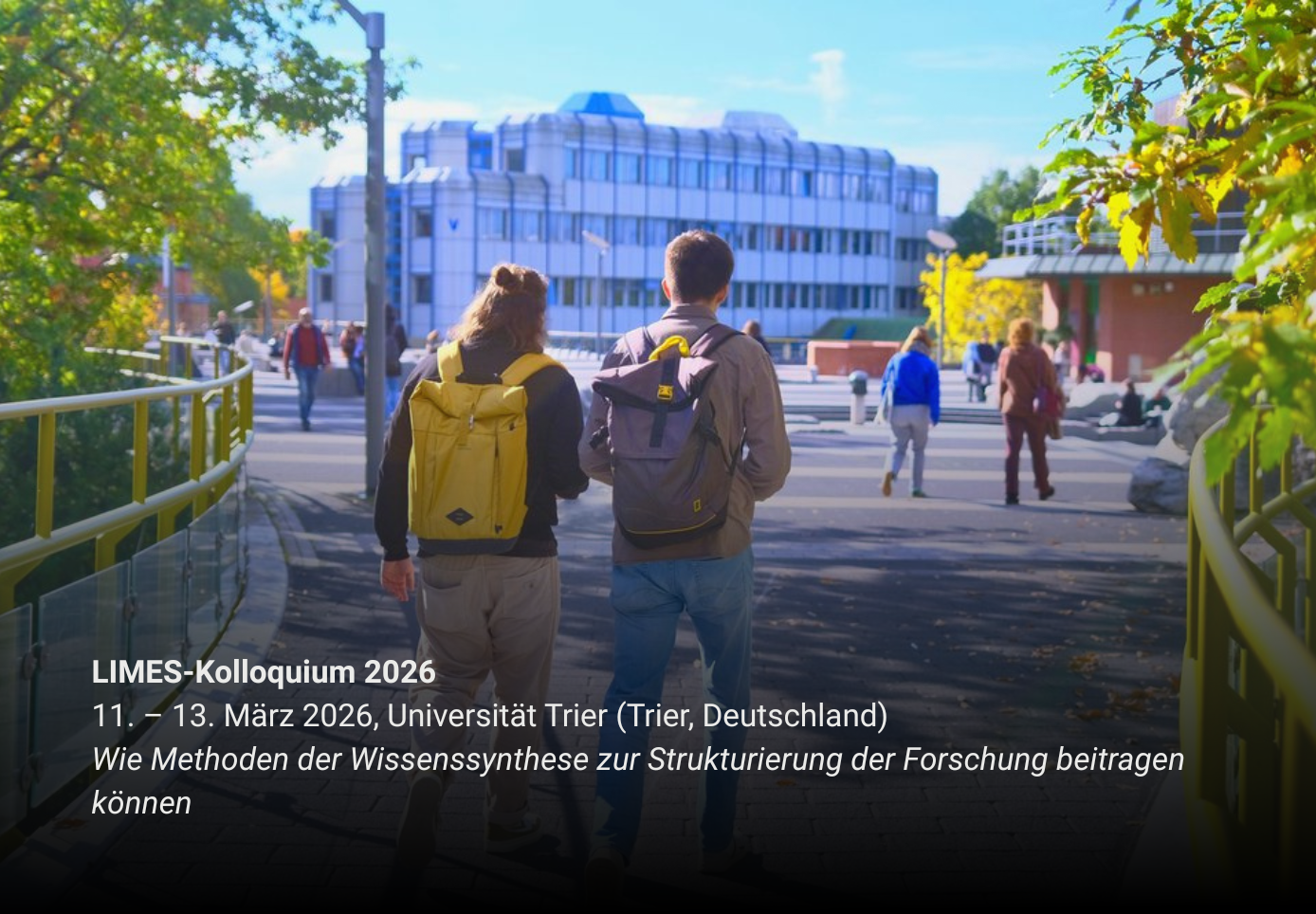
UPCOMING
UPCOMING
“En d’autres termes, les valeurs relatives des ‘unités’ lexicales, aussi banales soient-elles, procèdent de choix qui eux-mêmes résultent d’opérations plus ou moins complexes selon l’expérience et le vécu linguistiques des sujets.” (Courbon 2021: 44-45)
EVENTS
EVENTS
ACADEMIC
PROJECTS
Scoping Review
Embodiment in English-, French- and German-language linguistic literature: A scoping review protocol
𝟮𝟬𝟮𝟱 (𝗼𝗻𝗴𝗼𝗶𝗻𝗴)
-
Objective: The objective of this scoping review is to clarify how EMBODIMENT (embodiment and its terminological and conceptual variants) is defined, named/designated, and conceptualised in linguistic literature written in English, French, and German.
Introduction: The notion of EMBODIMENT in linguistics, particularly in cognitive linguistics, plays a central role in understanding how human-specific bodily experience influences language and meaning. Despite its foundational role in modern semantic studies, a systematic synthesis of how EMBODIMENT is understood in linguistics remains absent. This review seeks to address that gap by mapping the scope and variation in EMBODIMENT definitions/conceptualisations across key linguistic traditions.
Inclusion criteria: The review will include all publications from linguistics and related fields that engage with the notion of EMBODIMENT within the context of metalinguistic discourse or analysis. Only studies published in English, French, or German will be considered. Publications that use the term embodiment or a terminological or conceptual variant (e.g., embodied cognition) without engaging in definitional or metalinguistic discussions will be excluded.
Methods: A comprehensive search will be conducted in various major databases, including Web of Science (WOS), Linguistics and Language Behavior Abstracts (LLBA), Education Source, MLA International Bibliography, and Academic Search Premier (ASP). The study selection will be guided by predefined criteria, and data extraction will be performed using Covidence. The results will be analysed qualitatively and presented in both tabular and narrative formats, with visual mapping to highlight trends and variations across linguistic traditions.
-
Nicolas Gignac, Universität Freiburg
Anthony Lemire, Université Laval
Emmanuelle Paquette Raynard, Bibliothèque de l’Université Laval𝗥𝗼𝗹𝗲 & 𝗧𝗮𝘀𝗸(𝘀) : Conceptualisation, Project administration, Methodology, Data Curation, Formal Analysis, Validation, Writing – Original Draft, Writing – Review & Editing
Doctoral project
Embodiment <avant la lettre>: A semantic and historical study of how human-specific bodily experience has been mobilised in the study of meaning since the 17th century [Working title]
𝟮𝟬𝟮𝟱 (𝗼𝗻𝗴𝗼𝗶𝗻𝗴)
-
The proposed dissertation aims to explore the linguistic concept of embodiment in the study of linguistic meaning, tracing its development since the 17th century and consolidating its significance in contemporary cognitive semantics. This will be achieved through a detailed examination of how human-specific bodily experience (“embodiment”) has been captured in works written in German, French, and English that show a particular interest in (linguistic) meaning (i.e. the history of semantics, which includes authors and reflections that do not concern only ‘semantics’ per se, but include philosophy, grammar, philology, etc.). A comprehensive corpus study will be carried out, combining quantitative and qualitative analyses, using modern methods such as corpus linguistics and scoping reviews, which will in turn help to produce state-of-the-art literature reviews and open-source concept maps on embodiment in cognitive semantics, and on the history of semantics. Ultimately, the proposed work aims to foster a scholarly discourse that embraces the complexity and diversity of linguistic theories, moving away from rigid categorisations and “founding myths” towards a more holistic understanding of meaning construction.
-
Nicolas Gignac
Under the supervision of Prof. Dr. Daniela Marzo & Prof. Dr. Bruno Courbon
OTHER ACADEMIC PROJECTS
-
𝗗𝗲𝘀𝗰𝗿𝗶𝗽𝘁𝗶𝗼𝗻
Ce projet s'intéresse aux façons dont le temps mesuré est exprimé dans la langue française, à travers l’analyse de corpus littéraires et médiatiques. En observant les unités lexicales associées à différents modes de mesure temporelle (comme la journée, deux heures, moins d’une semaine), il vise à éclairer comment nos repères temporels reflètent les grandes transformations sociales et techniques des derniers siècles. L’étude prolonge une recherche antérieure sur la possession temporelle en français, et cherche à mieux comprendre la manière dont le temps est conceptualisé comme ressource dans les usages linguistiques contemporains et passés.𝗥𝗲𝘀𝗲𝗮𝗿𝗰𝗵 𝗧𝗲𝗮𝗺 (𝗗𝗶𝗿𝗲𝗰𝘁𝗶𝗼𝗻)
Prof. Dr. Bruno Courbon𝗥𝗼𝗹𝗲 & 𝗧𝗮𝘀𝗸(𝘀) : Research assistant
Data extraction, creation of annotation categories
Supervision and mentoring of four (4) undergraduate research assistants
𝗙𝘂𝗻𝗱𝗶𝗻𝗴
Faculté des lettres et des sciences humaines, Université Laval
CAD 9,945 -
𝗗𝗲𝘀𝗰𝗿𝗶𝗽𝘁𝗶𝗼𝗻
A funded project to study the representations associated with the world’s major cities in English and French (e.g., very Montreal, very New York).𝗥𝗲𝘀𝗲𝗮𝗿𝗰𝗵 𝗧𝗲𝗮𝗺 (𝗗𝗶𝗿𝗲𝗰𝘁𝗶𝗼𝗻)
Prof. Dr. Patrick Duffley, Prof. Dr. Bruno Courbon, and Gabriel Frazer-McKee𝗥𝗼𝗹𝗲 & 𝗧𝗮𝘀𝗸(𝘀) : Research assistant
Data cleansing and annotation



